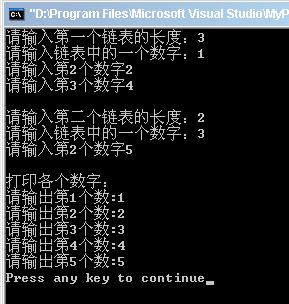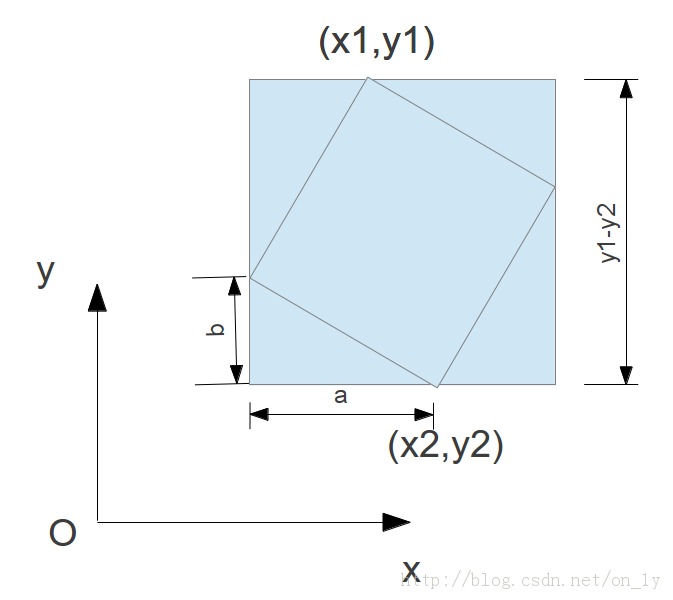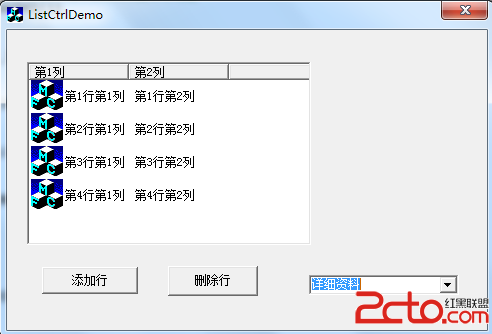poj 2187 Beauty Contest
这个题我是按照discussion里面的说法,先求凸包,然后枚举过的。因为开始先把求凸包算法里面的用到了数组名搞混了,无故wa了好
多次。后面求凸包换了种算法过了。结果发现bug是搞混了数组名,然后把前面wa掉的代码下载下来,改好之后也都过了。
这个题主要是凸包算法需要处理有重复点,有多点共线之类的情况。那个按极角排序后,再求凸包的算法,对共点共线处理的不是很好,
不过那个算法也过了这个题。有个直接按坐标排序后,再求上凸包和下凸包的算法,可以处理共点共线的情况。这个算法比较优美啊,既不
需要找y坐标最小的点,也不需要按极角排序,直接按坐标排序下,然后求凸包即可。
这个算法的一点解释:http://www.algorithmist.com/index.php/Monotone_Chain_Convex_Hull
另外,演算法笔记:http://www.csie.ntnu.edu.tw/~u91029/ConvexHull.html#a3上也有提到这个算法,我也是从这上面看到的。
这个算法可以假设是Graham排序基准点在无限远处,于是夹角大小的比较可以直接按水平坐标比较。
代码如下:
#include <stdio.h>
#include <algorithm>
#include <math.h>
using namespace std;
struct Point
{
int x, y;
bool operator<(const Point& p) const
{
return x < p.x || x == p.x && y < p.y;
}
};
Point pts[50100];
Point pcs[50100];
int nN;
int nM;
inline int SDis(const Point& a, const Point& b)
{
return (a.x - b.x) * (a.x - b.x) + (a.y - b.y) * (a.y - b.y);
}
double Det(double fX1, double fY1, double fX2, double fY2)
{
return fX1 * fY2 - fX2 * fY1;
}
double Cross(Point a, Point b, Point c)
{
return Det(b.x - a.x, b.y - a.y, c.x - a.x, c.y - a.y);
}
void Convex()
{
sort(pts, pts + nN);
nM = 0;
for (int i = 0; i < nN; ++i)
{
while(nM >= 2 && Cross(pcs[nM - 2], pcs[nM - 1], pts[i]) <= 0)
{
nM--;
}
pcs[nM++] = pts[i];
}
for (int i= nN - 2, t = nM + 1; i >= 0; --i)
{
while (nM >= t && Cross(pcs[nM - 2], pcs[nM - 1], pts[i]) <= 0)
{
nM--;
}
pcs[nM++] = pts[i];
}
nM--;//起点会被重复包含
}
int main()
{
while (scanf("%d", &nN) == 1)
{
for (int i = 0; i < nN; ++i)
{
scanf("%d%d", &pts[i].x, &pts[i].y);
}www.zzzyk.com
Convex();
int nMax = -1;
for (int i = 0; i < nM; ++i)
{
for (int j = i + 1; j < nM; ++j)
{
nMax = max(nMax, SDis(pcs[i], pcs[j]));
}
}
printf("%d\n", nMax);
}
return 0;
}
补充:软件开发 , C++ ,




